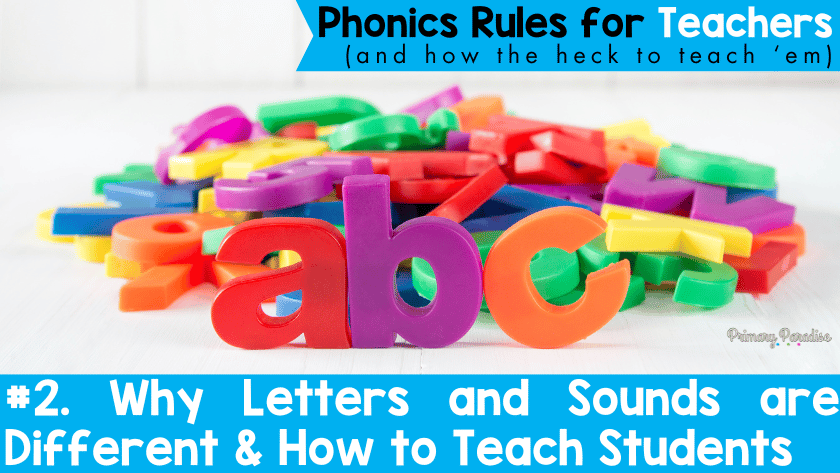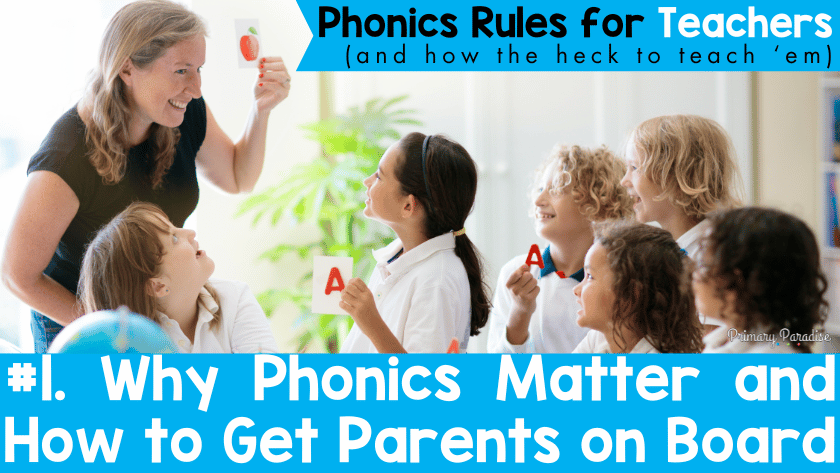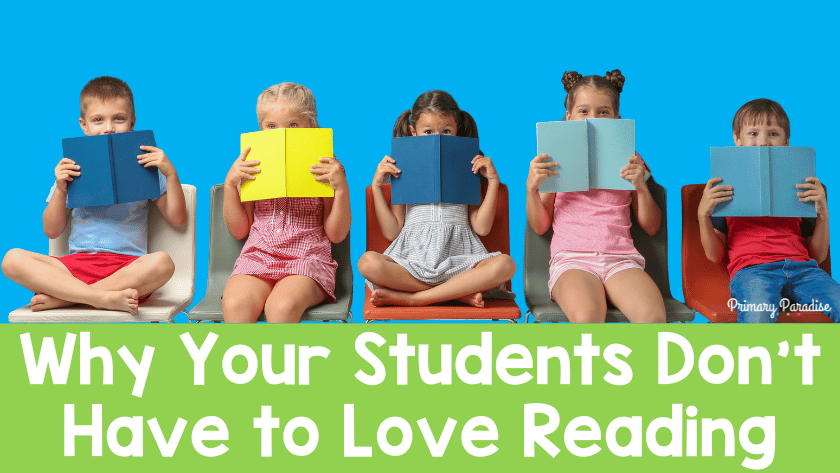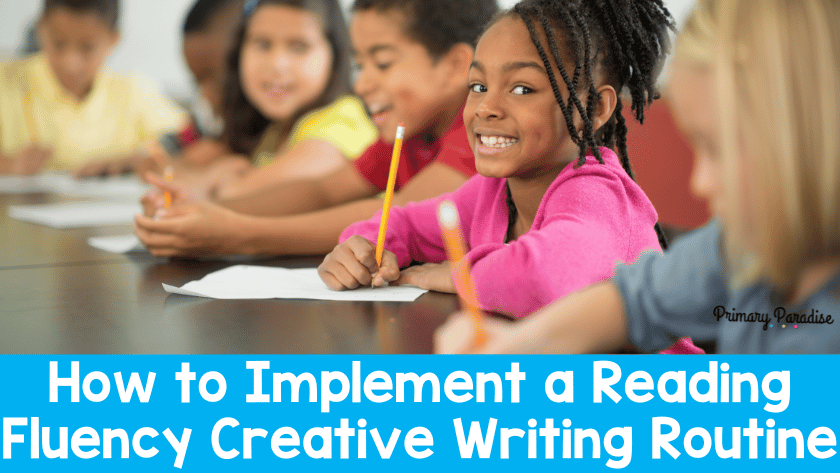Do you teach consonants and vowels to your students? Do you understand the difference between these two phonics concepts? Or why they matter? There’s a lot more to know about consonants and vowels than most teachers realized. Let’s dive deeper into the difference between consonants and vowels, how the impact English words, and how we can teach our students about…
Understanding the difference between letter names and letter sounds is one of the first steps of phonics instruction. People often use letter and sound interchangeably, but they’re not the same thing. Let’s explore why letters and sounds are different . We will also explore strategies to teach these concepts to our students in a simple and meaningful way. Would you…
Teaching phonics. If you’re an elementary school teacher, you are likely working hard to incorporate more phonics and structured literacy into your classroom. However, there’s a good chance that you didn’t actually learn this stuff in college. How are teachers supposed to use a structured, phonics based approach with their students if they don’t understand the rules themselves? The answer…
Most teachers love reading and learning. It’s a big reason why teachers become teachers. While students loving reading is awesome, it’s important to understand that reading is about a whole lot more than doing so for enjoyment. Here is why your students don’t have to love reading, but they do need to be able to read proficiently. Why do students…
Many students in the primary grades struggle with writing stories and reading with fluency. When I noticed that my first graders had mastered writing a good, basic sentence, but couldn’t string a few together, I knew a needed to find a solution. They also needed to work on their reading fluency, so I decided to solve both problems at once:…




